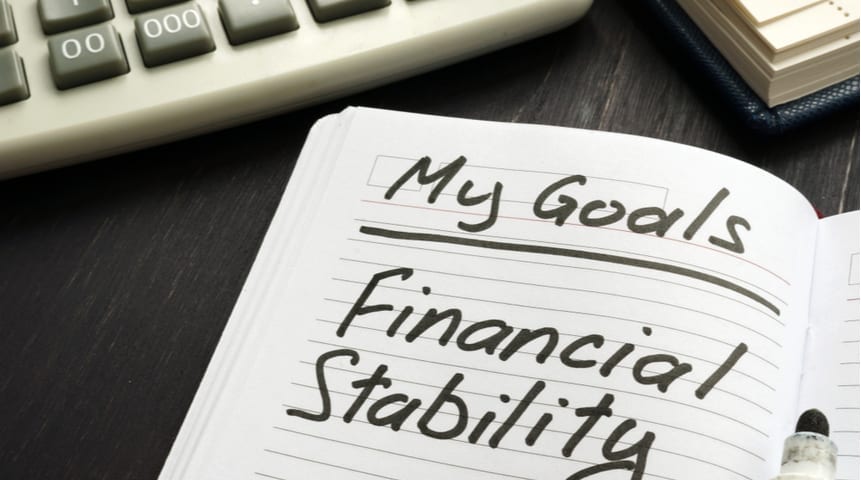
Proven Tips On How To Achieve Financial Stability
Many people believe financial stability is nothing but a dream. Some say they can’t live without credit or not earning enough. Little do they realise the pitfalls of living on credit and miss out on the benefits of financial freedom.
Imagine yourself no longer stressed by debt and actually have money in your bank account and have more to spend.
In this day and age, people find it convenient to have credit cards in their wallets than cash. Credit cards have become a simple mode of payment way easier when going out for dinner, going shopping, etc.
What’s more, you don’t need to bring a wad of cash or wait to get your change after paying the bill. After all, a simple swipe of the card is all that’s needed and you’re on your way.
However, many people fail to realise that they are paying too high a price for convenience.
Financial experts reported that credit card payment delinquencies have risen over the years due to unsettled credit card payments.
This means that a lot of people are way over their heads in debt and are no longer able to make payments. Spending habits have changed and credit has played a huge part in it.
But how can one escape the clutches of debt? It’s a matter of changing your spending habits and making an effort to save money.
Here are several effective ways to achieve financial stability.
Commit to settle your dues
Of course, everything starts with a plan and the first step you need to take is to settle your credit obligations.
Create a list that breaks down all your credit dues and compares it with your regular earnings. Try to determine your fixed costs and see how much you can afford to set aside for debt servicing and for how long.
Once you have determined the percentage that goes into debt servicing, try to distribute it among your dues so that you can start paying it out in instalments. Once you have reached a conclusion, reach out to your creditors and negotiate a plan to discuss your deal to settle your dues.
It may be difficult at first, but the sooner you get to work on it the better.
Seek expert advice
Most companies have established employee financial wellness programs since it has been found to be a strong support component in the workplace. You can consult a financial adviser to help you out with ideas to help save money and manage your finances efficiently.
Stop living on credit
It’s time to stop relying on credit to live your life. Make every effort to live within your means and reserve your credit card only for emergencies.
Instead, bring cash and a calculator when you go to the market and buy things that you can afford with the money that you have. Stop buying things that you don’t need. You’d be surprised to find out that most of the purchases you made could be for things that could just end up spoiled in the fridge or things that could just be lying around collecting dust in your home.
Make a budget
Start by making a list of your expenses and sources of income then make a budget. Identify your fixed costs such as housing, transportation, debt-servicing, and food. This is followed by social security, personal insurance and medical insurance.
What remains would be your disposable income, which you can apportion for other things that you plan to have. Just make sure that you do not go over it. In due time, you’d find out that this is a better way to manage your finances.
Save up for the future
Make sure to include savings on your budget. Set aside a certain amount each time you receive your paycheck and do not, at any point, take anything out from this stash.
It doesn’t matter how much you set aside, as long as you do this regularly. You can set goals for this fund, but make sure that you reserve this for the future.
Resist the urge to spend
Spending can become an addicting habit, especially if you have the convenience of buying it at any given moment with a simple swipe of your credit card. But do you really need it? Give yourself time to think things through. If it’s something that you can let go of without finding an immediate and practical use for it, then let it go.
Try to imagine if you can save S10 on each of these six steps, you can have $60 dollars every time you get your paycheck. Think of other ways you can save up on money and before you know it, you will be able to achieve financial stability.